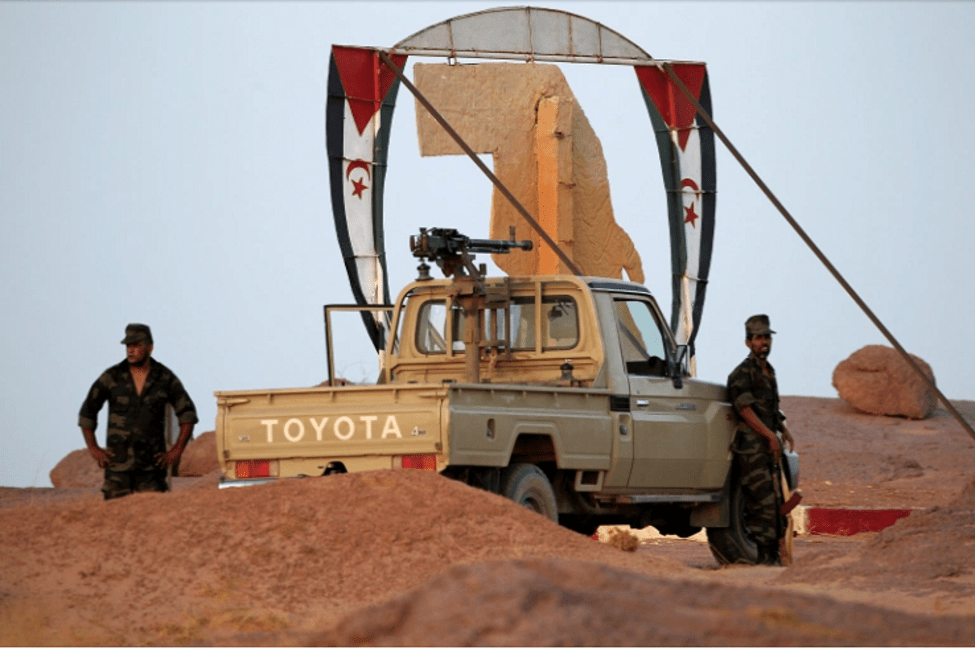Jafar Qannadbashi told the Strategic Council on Foreign Relations that the Polisario Front said in a statement on 12 November 2020 that the military operation of the Moroccan Army in three areas of Western Sahara and its illegal intrusion into Guerguerat signalled the termination of the peace agreement signed between the Polisario Front and the Moroccan government in 1991.
The African Union recognizes the Polisario Front government of Western Sahara.
Asked about the main reason of recent conflict, Qannadbashi said that the Moroccan Army has opened two new crossings in the Moroccan-Western Sahara Wall which is described by the Polisario Front as a violation of a ceasefire agreement signed 19 years ago between the two parties with the mediation of the United Nations.
“Of course, the other issue which cased this conflict was the Moroccan Army’s deployment of new military units in various parts of Western Sahara considered as a threat by the Polisario Front. After some movements and military displacements by the Polisario Front, the government of Morocco targeted and bombarded some of the military bases and units of the front in Western Sahara.
Referring to the foreign interferences in such conflicts, he said the United Arab Emirates has been blamed by some analysts as being behind the intensification of differences between the Moroccan and Western Saharan governments and new conflicts in the region.
“The UAE has opened a consulate general in Laayoune in the centre of Western Sahara, creating suspicions in the Moroccan government on the development of activities of the Polisario Front. Some circles in Morocco accuse the UAE government of rendering media support to the Polisario Front which is seeking to establish an independent country in Western Sahara near the border of Morocco.”
Qannadbashi said the UAE government, during the past recent years, has made a series of interventions in the North African countries especially in Libya which has resulted in the intensification of military conflicts and political tensions and caused a new wave of political and military skirmishes in Africa.
Asked about the involvement of other countries, he said that the circumstances do not suggest the involvement of other countries in the emergence of the new round of tensions.
“Notwithstanding, there are reports that Algeria is supporting the Polisario Front traditionally because of being neighbour to Western Sahara and is opposed to any sort of intervention by Morocco in Western Sahara.”.
Referring to the outcome of the conflict between Morocco and Western Sahara, he said efforts by the United Nations and the African Union have relatively prevented the expansion of conflicts and tensions between the two sides.
He added that both Morocco and Western Sahara try to avoid an all-out military conflict in the region due to the rising costs of such a confrontation, saying however that increasing suspicion of the two sides may pave the grounds for a wide military conflict.
Qannadbashi referred to the role played by Western powers in the conflict between Morocco and Western Sahara and said: “Western powers would welcome the intensification of conflict as there are untapped oil resources in Morocco and rich phosphate mines in Western Sahara and Western powers can exploit the conflict and sell more weapons to the conflicting parties.”
He said Western powers on the other hand are seeking to strengthen their military presence and political influence out of conflicts in this strategic part of North Africa.
He added that under such circumstances, both Morocco and Western Sahara officials should wisely make their utmost efforts to prevent the spread of the conflict as it would harm the interests of all the parties.










0 Comments